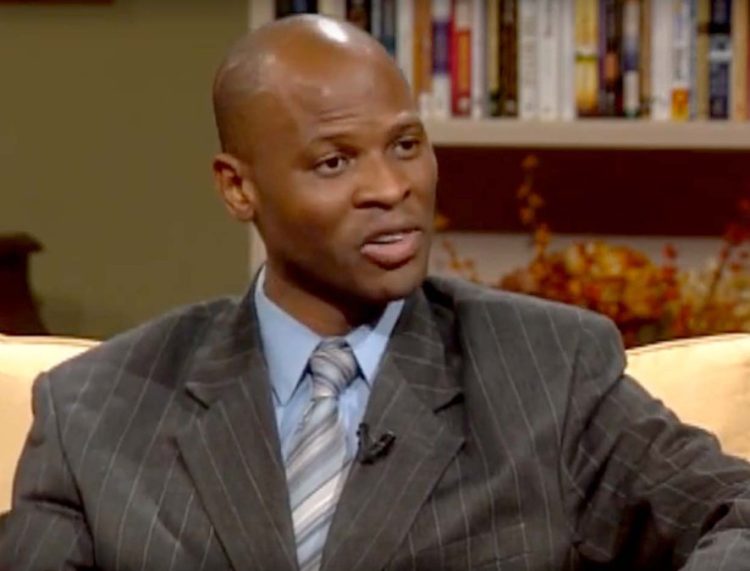A Forsyth County man was ordered last week by a federal district court in Washington D.C. to pay more than $250,000 for persuading clients to invest millions in a fraudulent “Ponzi-like” investment scheme, according to documents from the U.S. Securities and Exchange Commission filed April 5.
Ikenna “Ike” Ikokwu, a Cumming-based registered investment advisor, was accused of fraud by the SEC in 2016 for allegedly persuading clients to invest nearly in securities from FutureGen, a company that Ikokwu allegedly was receiving undisclosed “kickbacks” from.
SEC documents also allege that Ikokwu lied to investors, telling them that he had, “conducted extensive due diligence into FutureGen prior to making his recommendation, when in reality, he did little to no research on the company.”
FutureGen and its owner, Lawrence Schmidt, a resident of Washington D.C., were charged with defrauding investors by the SEC in June 2014 after it came to light that Schmidt had, “siphoned off almost $2 million of investors’ money for his own benefit,” and used new investor’s money to repay earlier investors, according to SEC documents.
According to the complaint, in materials from Ikokwu and his two companies, Winning the Money Game with Ike Inc. and Winning the Money Game LLC, clients and potential clients were told, “Other than salary, annual bonuses, and regular bonuses, Ike Ikokwu does not receive any economic benefit from any person, company or organization in exchange for providing clients advisory services” and, “Neither [Money LLC], nor its management persons, has any relationship or arrangement with issuers of securities.”
But the SEC complaint against Ikokwu from 2016 states that in April of 2011, Ikokwu allegedly agreed to receive referral fees, “Ranging from 2.0 percent to 2.5 percent of the amount his clients invested” from FutureGen, directly contradicting the marketing materials and disclosure procedure his company provided to clients and potential clients.
The complaint also states that Ikokwu touted to clients that “he and his family members had successfully invested in FutureGen and a related company, Commercial Equity Partners,” but failed to disclose that by July 1, 2013, Commercial Equity Partners, “defaulted on the largest investment and owed Ikokwu’s family over $450,000.”
According to the complaint, Ikokwu allegedly first reviewed an unaudited 2011 FutureGen financial statement in March 2014 and following the review, he emailed Schmidt asking, “If the 2011 financials are accurate, one would have to question why clients are being asked to participate in [FutureGen’s ] offerings” and “I’m pretty sure you don’t want me submitting this to the SEC as it does not paint a favorable financial picture for [FutureGen].”
The complaint stated that even after these alleged discussions with Schmidt, Ikokwu continued to recommend clients invest in FutureGen.
“In recommending the FutureGen investment, Ikokwu fraudulently represented himself as an objective and independent investment advisor his clients could trust for sound advice regarding how best to protect and grow what was, in many cases, their retirement savings,” the complaint stated.
As part of the final judgement by the D.C. court, Ikokwu will pay $80,000 in civil penalties and a restitution of more than $170,000 to injured investors, according to a litigation release filed April 5.
In addition to fines and penalties, the SEC has barred Ikokwu from the securities industry for five years.
In a statement to FCN Ikokwu stated, “I settled the SEC’s charges against me and my companies on a neither admit nor deny basis. I am, however, gratified that the SEC realized that I was not complicit in Schmidt’s fraud. I am grateful for the support of my friends and family through this ordeal. I am glad that this matter is behind me and I look forward to future opportunities.”



